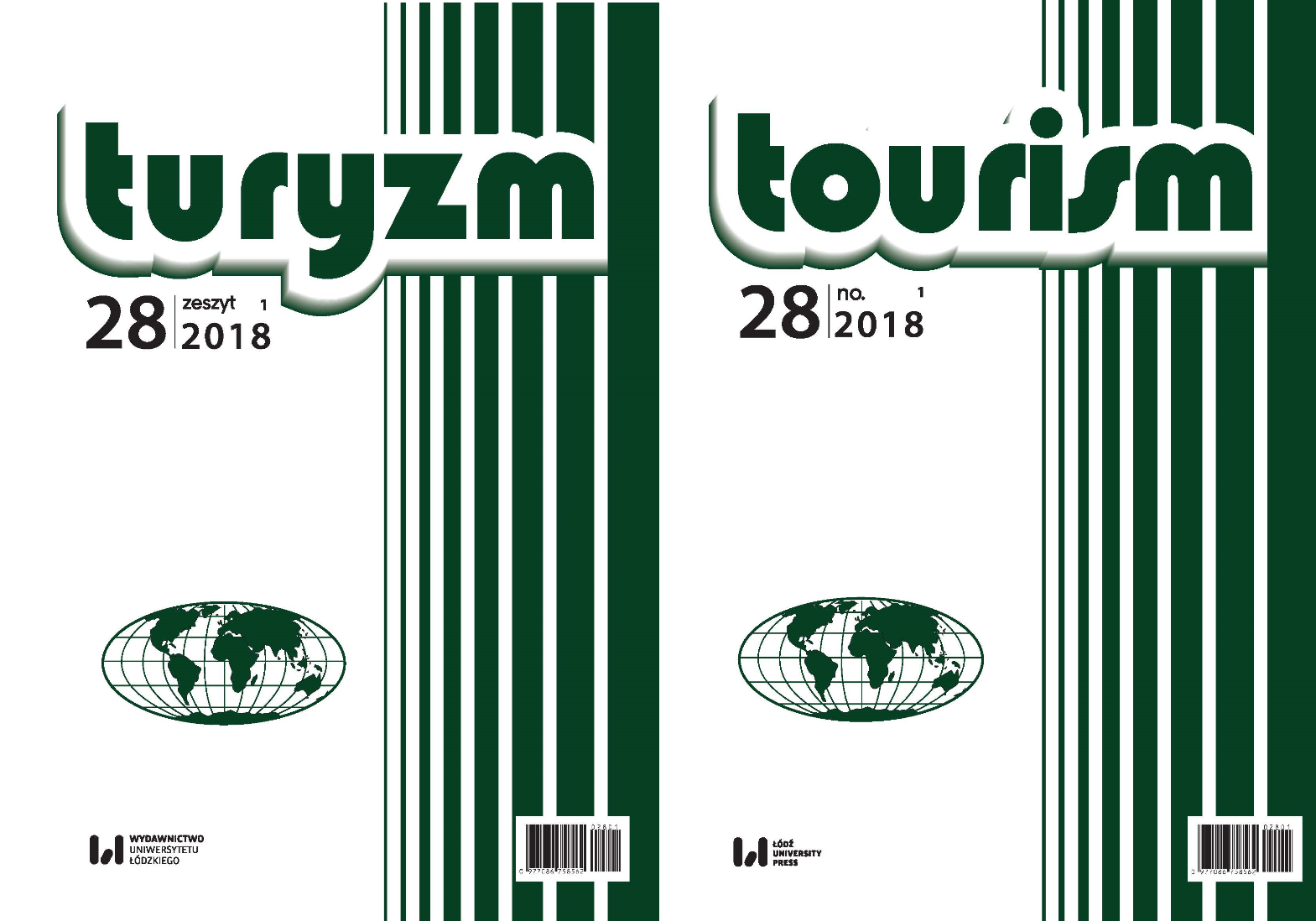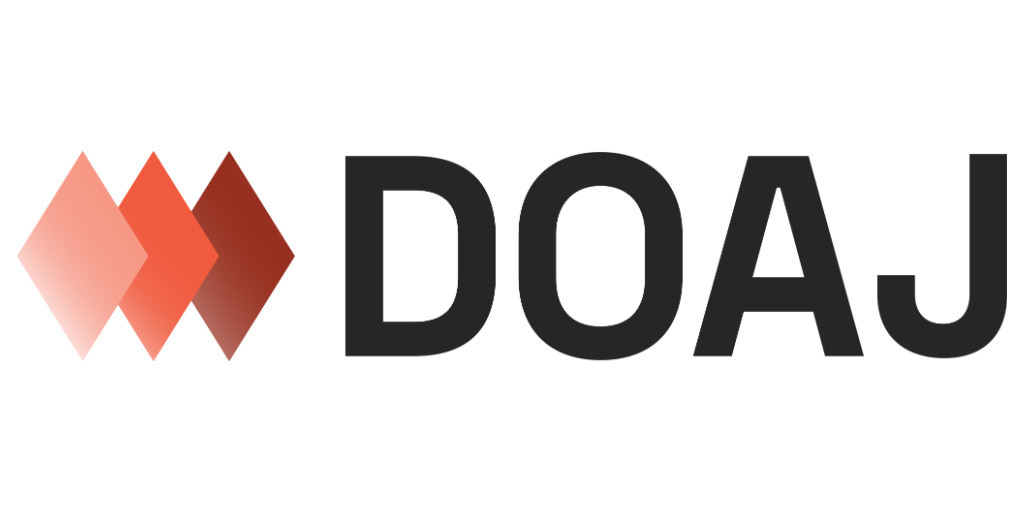Cultural events as a method for creating a new future for museums
DOI:
https://doi.org/10.18778/0867-5856.28.1.11Keywords:
museum, museum product, cultural eventsAbstract
In the situation of insufficient subsidies for the substantive activities of museums, primarily the ones funded by the local governments, as well as low attendance of visitors, not really interested in the traditional offer of such institutions, there is an urgent need to extend it with additional elements corresponding to the expectations of a contemporary client. The observation of the thriving museums in Poland and worldwide indicates that cultural events represent such an attractive component which expands the museum offer. The article presents an attempt of explaining the role of cultural events in developing a museum product based on the analysis of a specific case of the Municipal Museum Gerhart Hauptmann’s House in Jelenia Góra-Jagniątków.
Downloads
References
ALLEN J., 2009, Event planning: The ultimate guide to successful meetings, corporate events, fundraising galas, conferences, conventions, incentives and other special events, John Wiley & Sons Ontario, Canada, pp. 448, 978-0-470-15574-5.
Google Scholar
BLADEN C., KENNELL J., ABSON E., WILDE N., 2012, Events management, Routledge, Oxon, pp. 440, ISBN: 978-0-415-57742-7.
Google Scholar
CRESWELL J. W., 1998, Qualitative inquiry and research design: Choosing among five traditions, Sage Publications Inc., Thousand Oaks, CA, pp. 403, ISBN: 978-0-761-90144-0.
Google Scholar
FOLGA-JANUSZEWSKA D., 2008, Muzea w Polsce 1989–2008. Stan, zachodzące zmiany i kierunki rozwoju muzeów w Europie oraz rekomendacje dla muzeów polskich, raport dla Ministerstwa Kultury i Dziedzictwa Narodowego, Warszawa.
Google Scholar
GETZ D., 2005, Event management and event tourism, Cognizant Communication Corporation, New York, pp. 439, ISBN: 978-1-882-34546-5.
Google Scholar
GETZ D., 2008, Event tourism: Definition, evolution, and research, Tourism Management, 29, pp. 403-428.
Google Scholar
GETZ D., PAGE J.S., 2016, Progress and prospects for event tourism research, Tourism Management, 52, pp. 593-631.
Google Scholar
GOLDBLATT J., 2002, Global event special events: Twenty first century management, John Wiley & Sons Inc., New York, pp. 459; ISBN 0-471-39687-7.
Google Scholar
GREFFE X., KREBS A., PFLIEGER S., 2017, The future of the museum in the twenty-first century: recent clues from France, Museum Management and Curatorship, 32 (40), pp. 319-334.
Google Scholar
HEIJNEN W., 2010, The new professional: Underdog or Expert? New Museology in the 21th century, Sociomuseology, 3 (37), pp. 13-23.
Google Scholar
HÖLLING H.B., 2017, Lost to museums? Changing media, their worlds, and performance, Museum History Journal, 10 (1), pp. 97-111.
Google Scholar
IDZIAK W., 2007, Współczesne tendencje w muzealnictwie, http://muzeoblog.org/files/W_Idziak_Wspolczesne_tendencje.pdf, 25.02.2018 r.
Google Scholar
JAGO L.K., SHAW R.N., 1998, Special events: A conceptual and definitional framework, Festival Management & Event Tourism, 5, pp. 21-32.
Google Scholar
KAP M., 2016, Muzeum w dobie konwergencji i nowych mediów – nowe trendy, nowe technologie, nowe możliwości, Kultura – Media – Teologia, 25, pp. 100-132.
Google Scholar
KRUCZEK Z., 2017, Frekwencja w polskich atrakcjach turystycznych 2011-2015. Dynamika, trendy, studia przypadku, Proksenia, Kraków, pp. 200, ISBN: 978-83-60789-66-7.
Google Scholar
KRUCZEK Z., KUREK A., NOWACKI M., 2012, Krajoznawstwo. Teoria i metodyka, Proksenia, Kraków, pp. 240, ISBN: 978-83-60789-01-8.
Google Scholar
KRZYWORZEKA P., 2014, Muzea w pogoni za nowoczesnością. O możliwościach wykorzystania etnografii w zarządzaniu i zarządzania w etnografii, Zbiór Wiadomości do Antropologii Muzealnej, 1, pp. 177-198.
Google Scholar
Kultura w 2007 r., 2008, GUS, Warszawa.
Google Scholar
Kultura w 2009 r., 2010, GUS, Warszawa.
Google Scholar
Kultura w 2015 r., 2016, GUS, Warszawa.
Google Scholar
LORD B., LORD G.D., 1997, The manual of Museum Management, Altamira Press, Walnut Creek-London-New York-Oxford.
Google Scholar
MATTHEWS D., 2008, Special event production: The process, Butterworth-Heinemann, Oxford, pp. 266, ISBN: 978-0-7506-8243-5.
Google Scholar
MATTHEWS D., 2016, Special event production: The process, Rutledge, London-New York, pp. 264, ISBN: 978-1-138-78565-6.
Google Scholar
MCCALL V., GREY C., 2014, Museums and the ‘new museology’: theory, practice and organizational change, Journal of Museum Management & Curatorship, 29 (1), pp. 19-35
Google Scholar
MORSE J.M., 2000, Determining sample size, Qualitative Health Research, 10 (1), pp. 3-5.
Google Scholar
MORSE J.M., 1994, Designing funded qualitative research, [in:] N.K. Denzin, Y.S. Lincoln (eds.), Handbook of qualitative inquiry, Publication Sage, Thousand Oaks, CA, pp. 220-235, ISBN: 978-0-803-94679-8.
Google Scholar
MURZYN-KUPISZ M., 2016, Społeczno-ekonomiczne aspekty funkcjonowania muzeów: zatrudnienie, przychody i wydatki instytucji muzealnych, [in:] Muzea w Polsce. Projekt statystyka muzeów (2013-2015), NIMOZ, Warszawa, pp. 81-117.
Google Scholar
Museums Association, 2015, Cuts survey 2015. Report, www.museumsassociation.org; 24.10.2017 r.
Google Scholar
Museums Association, 2017, Museums in the UK 2017. Report, www.museums association.org; 24.10.2017 r.
Google Scholar
Museums in Poland. Reports based on data from the project Museum statistics (2013-2015), 2016, National Institute of Museology and Collection Protection, Warsaw.
Google Scholar
PATTON M.Q., 1990, Qualitative Evaluation and Research Methods, Sage, Newbury Park, California.
Google Scholar
Special Eurobarometer 399. Cultural Access And Participation Report, 2013, European Commission.
Google Scholar
STASIAK A., 2010, O potrzebie rewolucji w polskim muzealnictwie XXI wieku, [in:] Kultura i turystyka – razem czy oddzielnie?, A. Stasiak (ed.), Wyd. WSTH, Łódź, pp. 117-134.
Google Scholar
VERGO P., 1989, The new museology (Chapter one), [in:] The new museology, P. Vergo (ed.), Books, London, pp. 10-23.
Google Scholar
Themed Entertainment Association (TEA), 2016, The global attractions attendance report, 2016. Theme index and museum index, www.TEAconnect.org, 24.02.2018 r.
Google Scholar
TOMIUC A., 2014, Navigating culture. Enhancing visitor museum experience through mobile technologies. From smartphone to google glass, Journal of Media Research, 7, 3 (20), pp. 33-46, ISSN: 1844-8887.
Google Scholar
WALTL CH., 2006, Museums for visitors: Audience development – A crucial role for successful museum management strategies, INTERCOM 2006, Conference Paper, Taiwan: ICOM, pp. 1-7, http://www.intercom.museum/Taiwan2006a.html, 18.10.2017 r.
Google Scholar
Downloads
Published
How to Cite
Issue
Section
License

This work is licensed under a Creative Commons Attribution-NonCommercial-NoDerivatives 4.0 International License.










